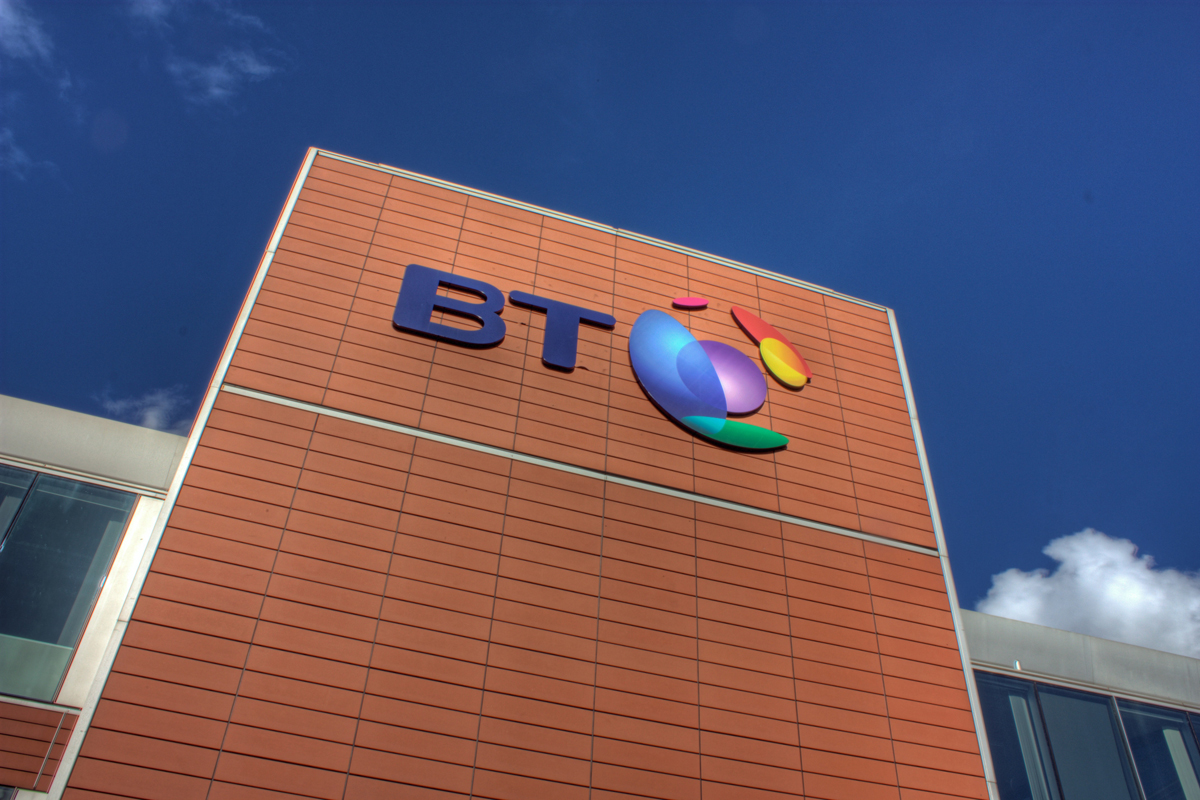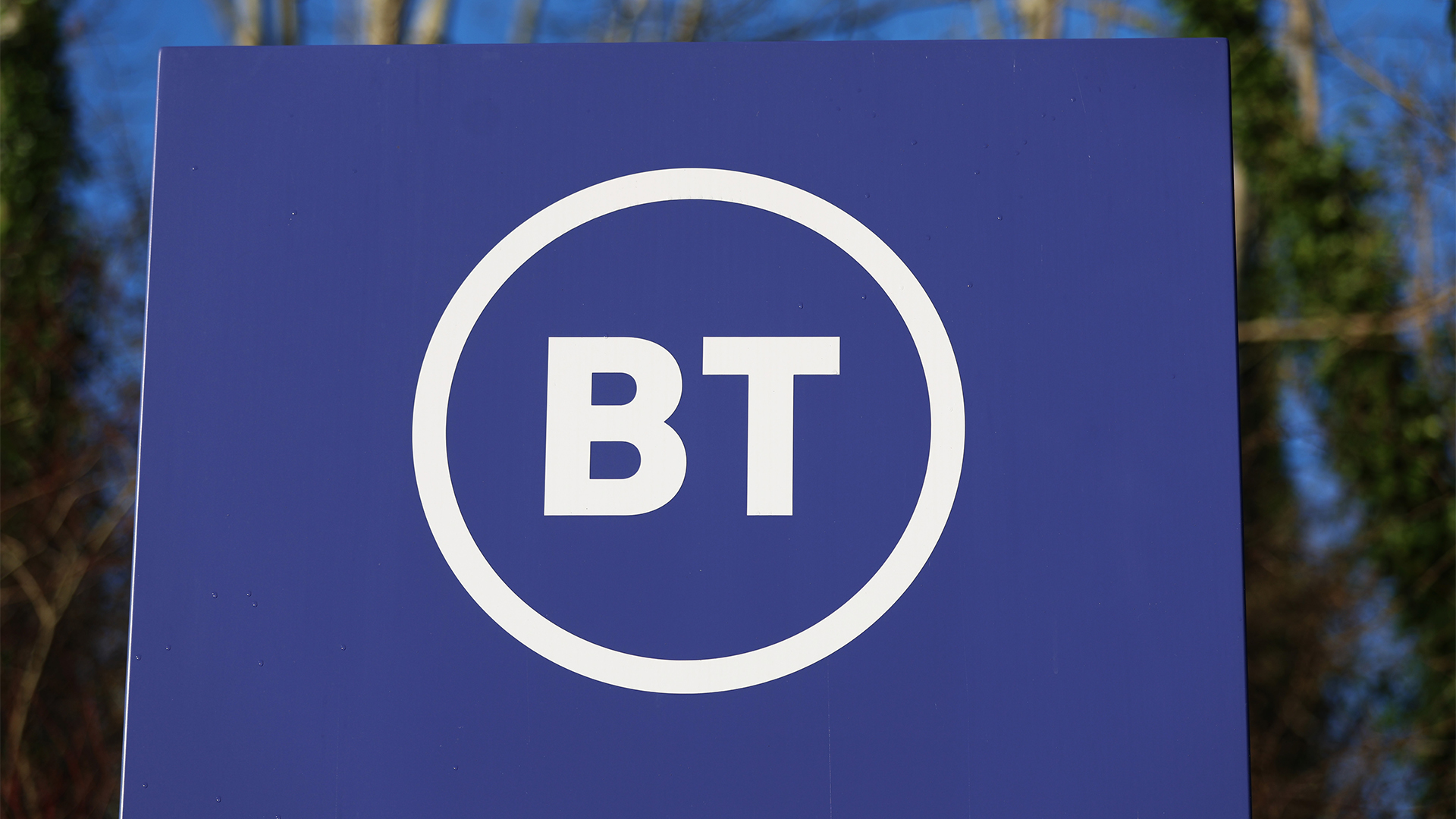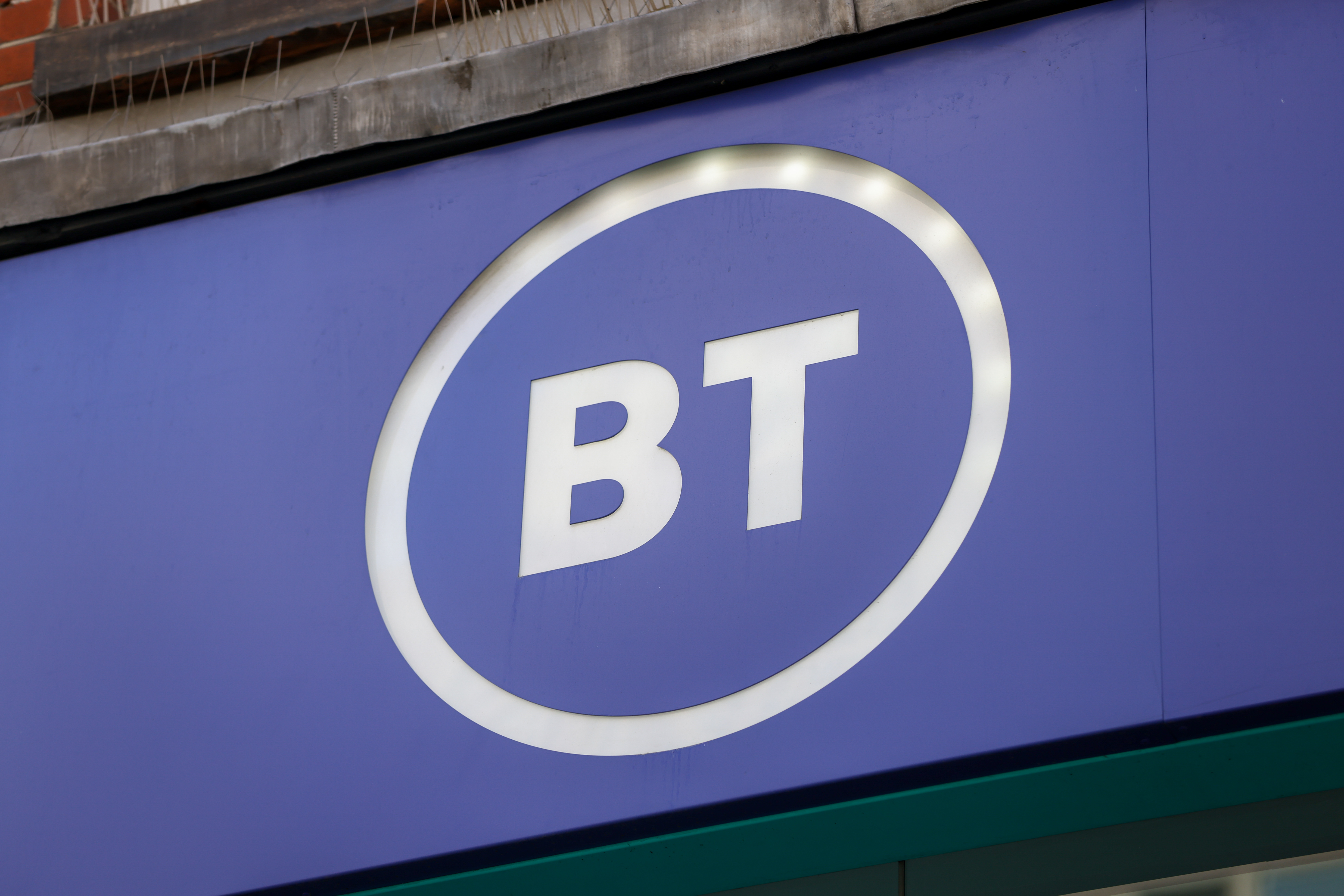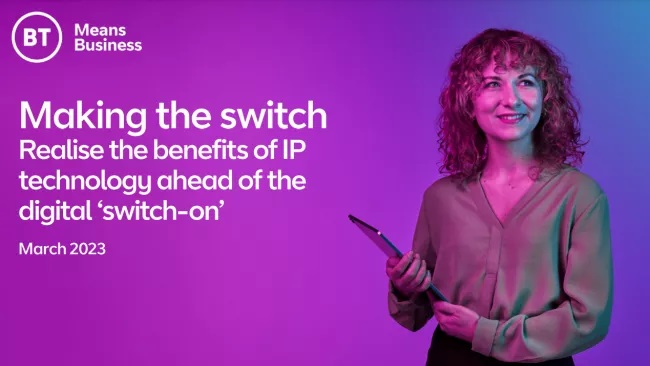UPDATED: BT told to cut wholesale rural broadband prices
BT will have to offer lower prices to other ISPs for broadband connections in areas where it is the only provider.


Ofcom has told BT to reduce its wholesale prices for broadband in rural areas where it is the only provider.
BT will have to cut its prices by 12 per cent, with the charge controls coming into effect by mid August, Ofcom said today.
The changes mean other ISPs could bring more options to end users in areas where BT is the sole provider. Ofcom believes the decision will benefit competition, in turn bringing better value broadband to end users.
"Ofcom expects these price cuts to generate more competition between retail ISPs and to lead to cheaper retail prices which will benefit consumers," the regulator said in a statement.
"The changes may also lead to better quality services by enabling ISPs to allocate more bandwidth per customer which could deliver faster broadband services."
Ofcom said the changes could benefit around 3 million homes and businesses in rural regions.
"Ofcom expects the level of the charge control to incentivise efficient investment by ISPs to roll out their own networks in these areas and enable them to compete with BT Wholesale," the regulator added.
Get the ITPro daily newsletter
Sign up today and you will receive a free copy of our Future Focus 2025 report - the leading guidance on AI, cybersecurity and other IT challenges as per 700+ senior executives
"It will also incentivise BT Wholesale to upgrade services where it is efficient to do so."
In December 2010, Ofcom announced it would set a cap on the amount BT could charge for its wholesale product in an attempt to encourage competition.
In January, the regulator proposed wholesale price cuts of between 10.75 per cent and 14.75 per cent below inflation.
BT said the impact of Ofcom's decision today would be almost insignificant in terms of material impact on the telecoms giant.
"The impact on BT Wholesale will be non-material," a spokesperson said.
"Unlike many other providers, despite the higher costs involved, BT Retail's consumer broadband products have always been priced the same in rural areas as in urban areas. This ruling is therefore of more relevance to those ISPs who currently charge a supplement in rural areas".
Michael Phillips, product director at Broadbandchoices.co.uk, questioned how much of an impact the cut would have.
"The reality is that a 12 per cent reduction in prices will have limited impact. The economics of serving rural broadband customers means that they already fork out an additional 10 per month over their conurbation-dwelling counterparts if the local exchange has not been enabled by LLU providers," Phillips said.
"I would also question the quality of the service they are currently receiving as Ofcom's recent broadband map of the UK highlighted how huge swathes of the UK countryside are enduring poor connection speeds. If the UK is to be taken seriously as a tech economy, the government needs to dedicate time and resource to bringing the whole of the UK into the online age."
Virgin today announced its 100Mbps service is now available to a quarter of UK homes.
Meanwhile, the rollout of fibre broadband to the UK could be hampered by squabbling over infrastructure, as found by a recent IT Pro report.
UPDATED Virgin has added its two cents to the debate, saying the Ofcom ruling is not the answer for securing the long-term future of rural broadband.
"These changes, which apply to areas of the country where BT is the sole infrastructure owner, are not the long term solution to the inherent problems of broadband in these rural areas," a Virgin spokesperson told IT Pro.
"Here we need more than just patching up the aging existing network, but a game-changing alternative."
The ISP cited Fujitsu's proposal to invest in a new "future-proofed fibre optic service" as an example of what kinds of radical moves it believed were required.
Tom Brewster is currently an associate editor at Forbes and an award-winning journalist who covers cyber security, surveillance, and privacy. Starting his career at ITPro as a staff writer and working up to a senior staff writer role, Tom has been covering the tech industry for more than ten years and is considered one of the leading journalists in his specialism.
He is a proud alum of the University of Sheffield where he secured an undergraduate degree in English Literature before undertaking a certification from General Assembly in web development.
-
 Cleo attack victim list grows as Hertz confirms customer data stolen
Cleo attack victim list grows as Hertz confirms customer data stolenNews Hertz has confirmed it suffered a data breach as a result of the Cleo zero-day vulnerability in late 2024, with the car rental giant warning that customer data was stolen.
By Ross Kelly
-
 Lateral moves in tech: Why leaders should support employee mobility
Lateral moves in tech: Why leaders should support employee mobilityIn-depth Encouraging staff to switch roles can have long-term benefits for skills in the tech sector
By Keri Allan
-
 The role of ISPs in the connected world now and in the future
The role of ISPs in the connected world now and in the futureSupported Content The role of the ISP has grown precipitously as the world becomes increasingly reliant on staying connected, but they must now adapt to changing times…
By Solomon Klappholz
-
 Equinix acquires BT's Irish data centers in €59 million deal
Equinix acquires BT's Irish data centers in €59 million dealNews As BT moves to an asset-light business model, Equinix looks to expand
By Emma Woollacott
-
 BT just extended the PSTN switch-off deadline — here’s what you need to know
BT just extended the PSTN switch-off deadline — here’s what you need to knowNews BT described the move as a “revision”, citing a series of improvements to the wider PSTN switch-off programme
By George Fitzmaurice
-
 BT misses key Huawei kit removal deadline, but the telco is “almost over the line”
BT misses key Huawei kit removal deadline, but the telco is “almost over the line”News BT is still reliant on non-compliant Huawei equipment for 2G and 3G services
By Ross Kelly
-
 Ofcom net neutrality update dismisses calls for big tech contributions
Ofcom net neutrality update dismisses calls for big tech contributionsNews Ofcom’s net neutrality stance has been criticized by some industry stakeholders
By Emma Woollacott
-
 BT partners with HPE to deliver new global managed LAN service
BT partners with HPE to deliver new global managed LAN serviceNews The latest collaboration combines BT’s connectivity expertise with HPE Aruba Networking’s latest LAN solutions
By Daniel Todd
-
 Making the switch
Making the switchWhitepaper Realise the benefits of IP technology ahead of the digital ‘switch-on’
By ITPro
-
 BT and OneWeb succeed in "game changer" satellite connection trial
BT and OneWeb succeed in "game changer" satellite connection trialNews Smaller businesses in rural areas could benefit from improvements to backhaul services using satellites, with speeds increasing by an order of magnitude
By Rory Bathgate